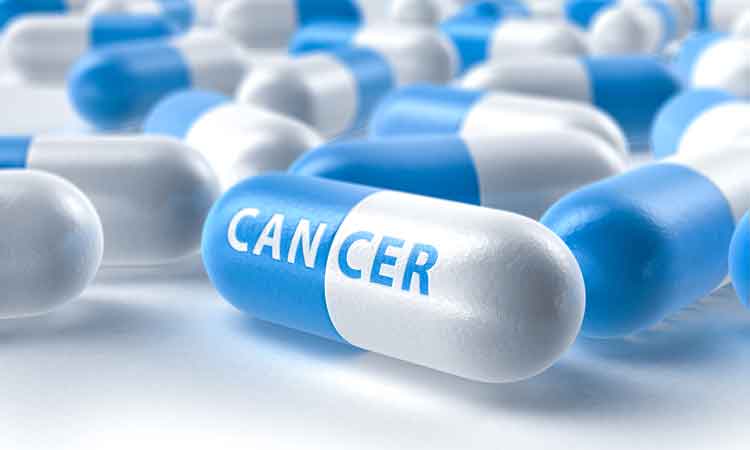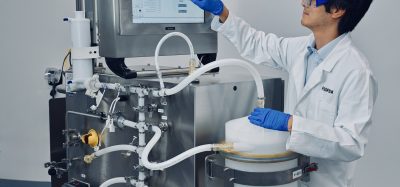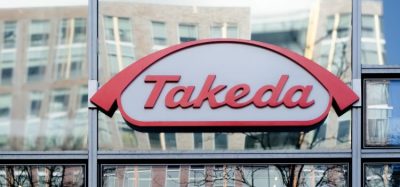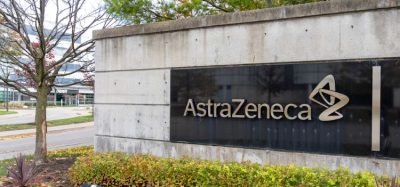ATOM partnership seeks to increase access to cancer medicines in LLMICs
Posted: 23 May 2022 | Sarah Wills (European Pharmaceutical Review) | No comments yet
A unique partnership, the Access to Oncology Medicines (ATOM) Coalition, has been established to ensure sustainable access to cancer medicines in low- and lower middle-income countries (LLMICs) in the long-term.


A unique partnership, the Access to Oncology Medicines (ATOM) Coalition, has been established by the Union for International Cancer Control (UICC) and multiple partners.
ATOM will bring together the most experienced organisations to increase access to cancer medicines in low- and lower middle-income countries (LLMICs) and to help countries develop the capacity for their proper use.
At present, only approximately 50 percent of the cancer medicines named on the World Health Organization (WHO) Model List of Essential Medicines (WHO EML) are estimated to be currently available in LLMICs.
“Simply making affordable cancer medicines available does not guarantee that people living with cancer will receive the medicines they need at the right time,” commented Professor Anil D’Cruz, President of UICC and Director of Oncology at Apollo Hospitals in India. “This new partnership is set up to ensure that low- and lower-middle income countries get the support they need to receive the essential cancer medicines where they are currently lacking, as well as the training on their use so that their availability becomes sustainable long-term and addresses the specific needs of each country with respect to its cancer burden.”
In 2020, more than 3.5 million new cancer cases were diagnosed in LLMICs and an estimated 2.3 million premature deaths were caused by cancer. It is expected that deaths from cancer in LLMICs will rise to four million by 2040, if left unchecked.
Today, there are many access initiatives in operation seeking to improve the delivery of essential cancer medicines to people who need them in LLMICs. The ATOM Coalition brings these initiatives together to generate synergies, exchange best practices and streamline efforts between in-country and global partners.
In the first phase, ATOM partners will work collectively in a sub-set of LLMICs, taking into consideration the current presence of ATOM partners, health system readiness, diagnostic capability, the number of essential medicines already listed on their NEMLs, and the existence of other access programmes in the country. In parallel, ATOM will launch a capacity building component in up to 10 countries, focused on addressing the critical access challenges. ATOM will expand to other LLMICs over time and will focus on increasing access to medicines in over half of countries currently classified as LLMICs.
Current partners committed to the ATOM Coalition include:
- AstraZeneca
- BeiGene
- Bristol Myers Squibb (BMS)
- Gilead
- International Federation of Pharmaceutical Manufacturers & Associations (IFPMA)
- International Generic and Biosimilar medicines Association (IGBA)
- Novartis
- Roche
- Sanofi
- Teva.
Related topics
Anti-Cancer Therapeutics, Big Pharma, Drug Markets, Drug Supply Chain, Therapeutics
Related organisations
Apollo Hospitals, AstraZeneca, BeiGene, Bristol-Myers Squibb (BMS), Gilead, India, International Federation of Pharmaceutical Manufacturers & Associations (IFPMA), International Generic and Biosimilar Medicines Association (IGBA), Novartis, Roche, Sanofi, Teva, Union for International Cancer Control (UICC)









